Billy Joel has always been a truth-teller, a youthful spokesperson, and a songwriter who roots his lyrics in the desire to be liberated. Though, as beneficial as those traits are, they can also get one in quite a bit of trouble with some higher powers, and in Joel’s case, they did get him in trouble. Specifically with the Catholic Church and his song, “Only The Good Die Young.”
Videos by American Songwriter
Joel’s 1977 smash hit is a song about living free, easy, and scandalously. Frankly, the song can be analyzed to a higher degree, but when you take the lyrics on the surface, that is the most essential message of the song. Thanks to the rebellious nature of the song and the lines denouncing the values of Catholicism, the Catholic Church in a couple of states took quite a dislikening to the song and tried to get it banned on radio stations. It worked, though ultimately not in their favor.
In Billy Joel’s Case, Censorship Was Met With Success
When Joel released “Only The Good Die Young” in 1977, it automatically became an anthem for the hormonally and ideologically suppressed youth. That being so, a few Catholic dioceses went so far as to get the song removed from the airwaves. They succeeded in their endeavor, but Joel got the last laugh, as the song just became more successful.
In an interview with Performing Songwriter, Joel recalled, “It was banned by the archdiocese of St. Louis” and “Then it got banned in Boston. All these archdiocese areas started putting pressure on radio stations to ban it.” Despite the relevant lyrics, the single did not perform to the degree Joel wanted. However, the Catholic Church’s censoring of the song paid off immensely, as Joel found success after the song was cut off from youthful listeners.
Joel recollected in his interview, “The single had been out a short amount of time and wasn’t doing well” and “The minute they banned it, it starting shooting up the charts, because nothing sells a record like a ban or a boycott.” “Nobody would’ve heard it if they hadn’t tried to cut people off from it. As soon as the kids found out there was some authority that didn’t want them to hear it, they bought it in droves and it became this big hit,” Billy Joel concluded.
Following the song’s ban, “Only The Good Die Young” peaked at No. 24 on the Billboard Hot 100, and the album, The Stranger, peaked at No. 2 on the Billboard 200.
(Photo by Michael Putland/Getty Images)

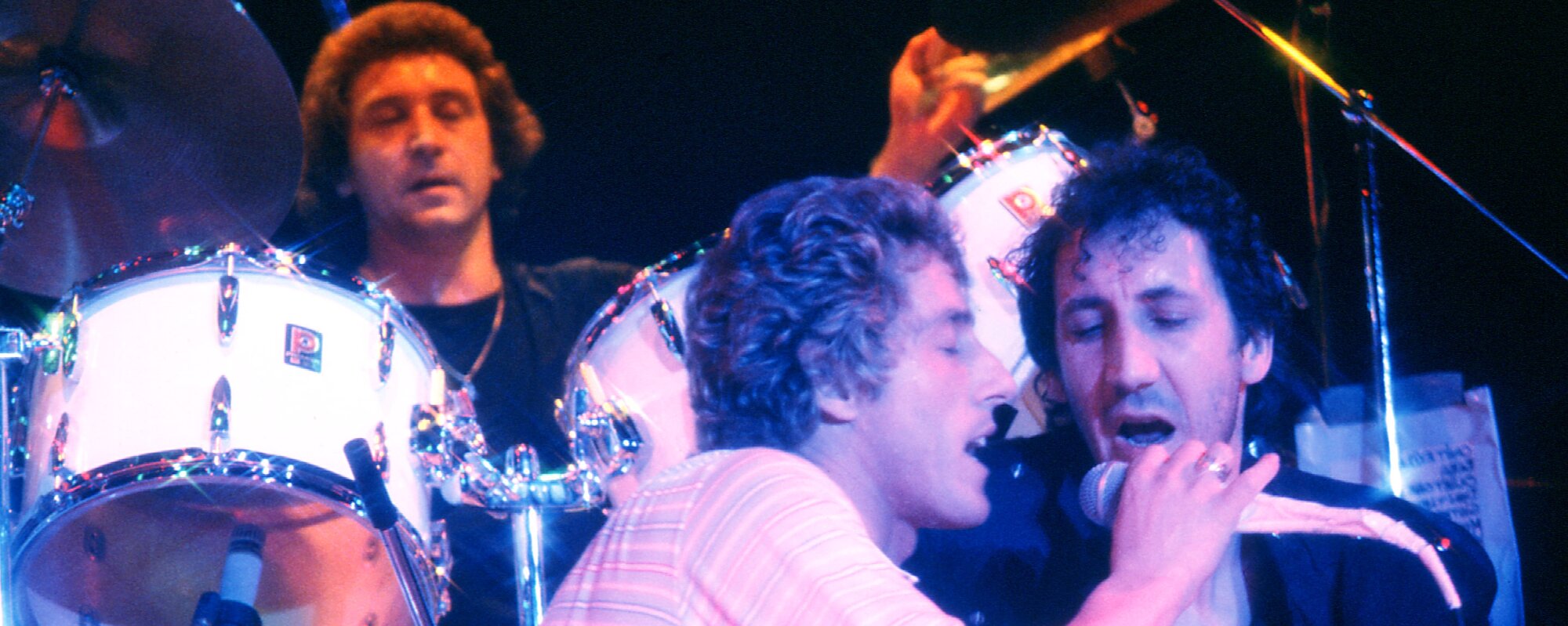
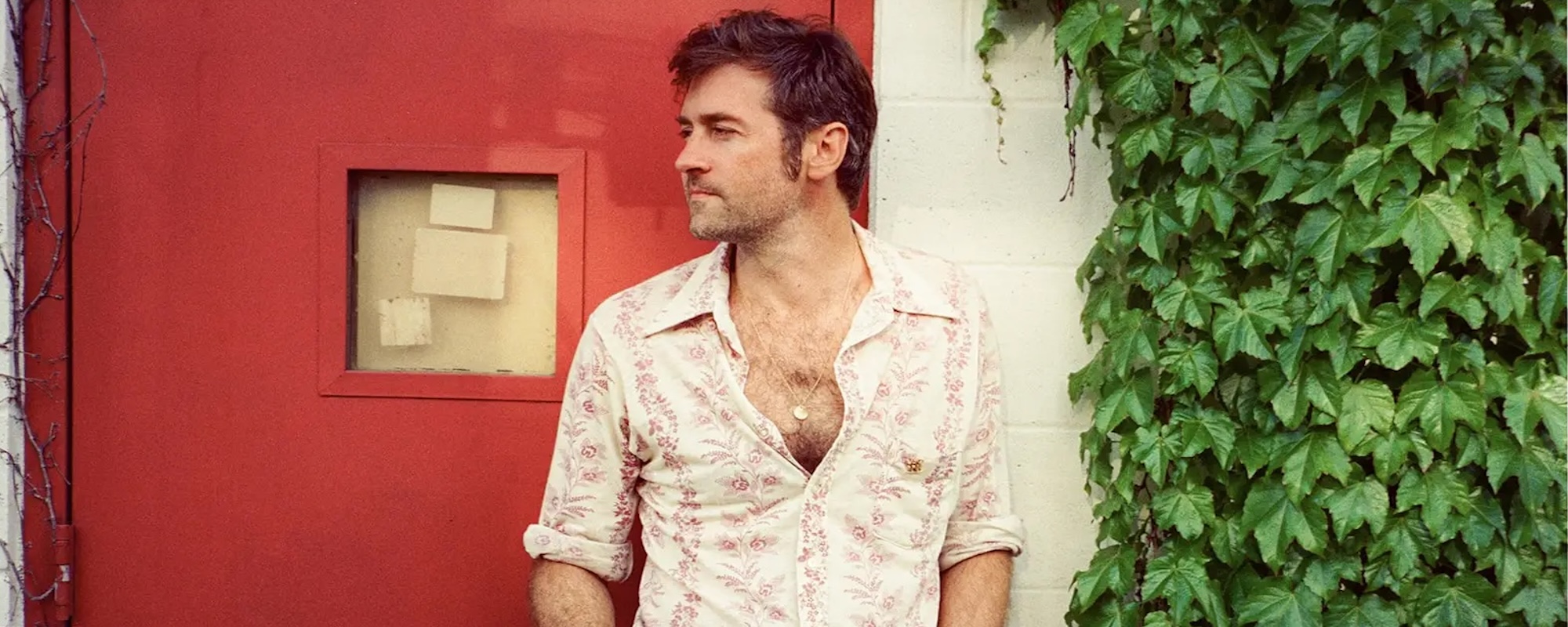
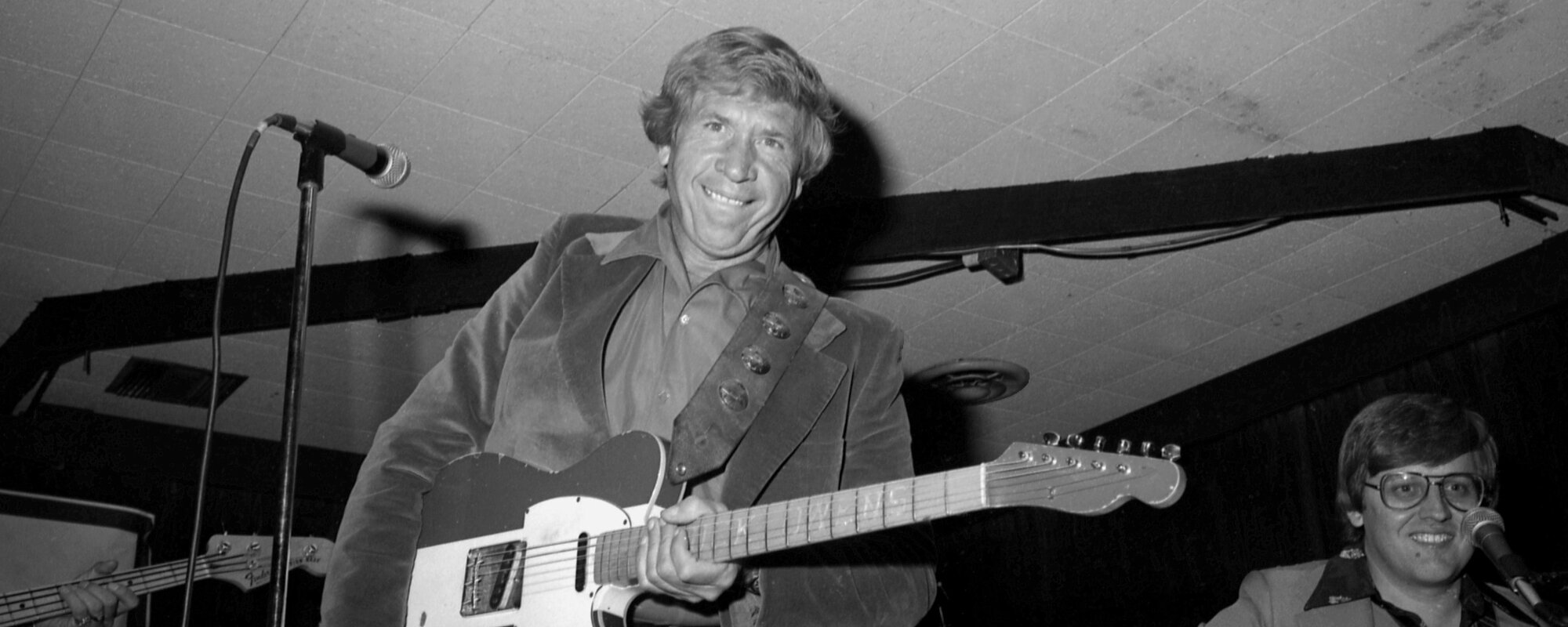

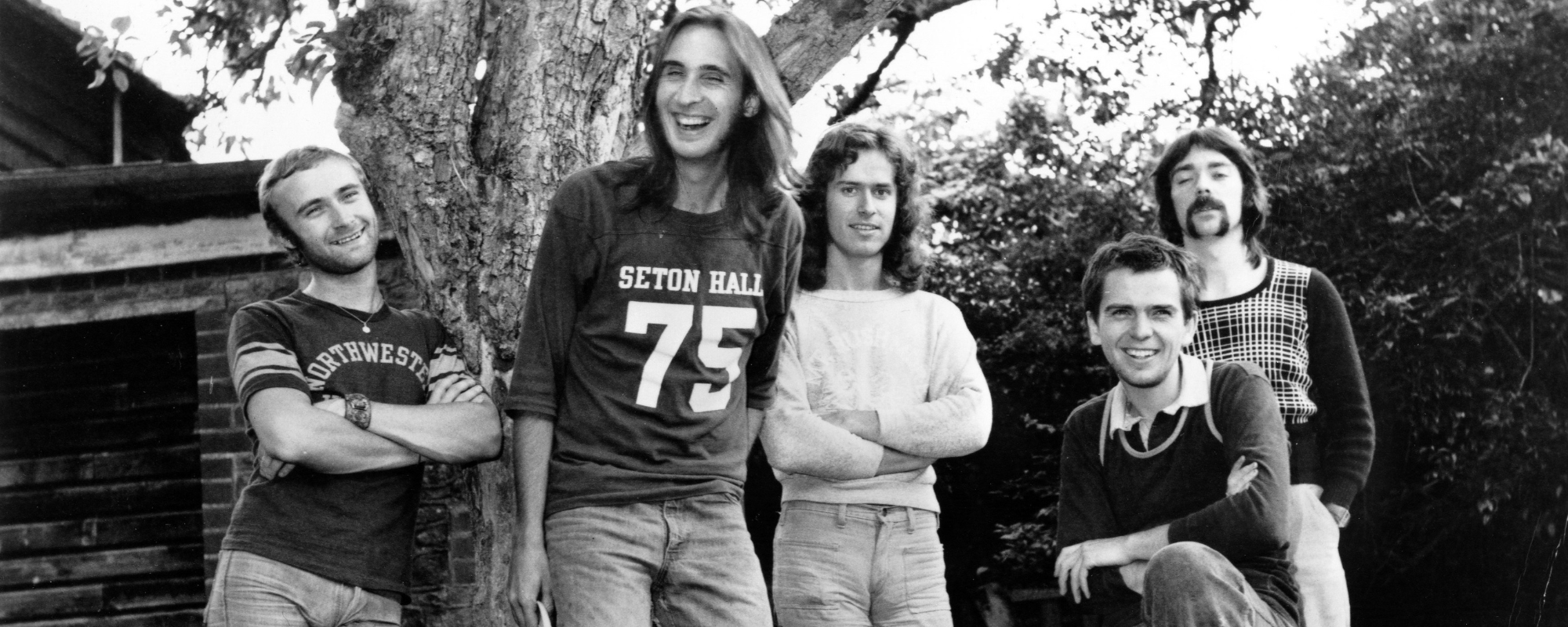
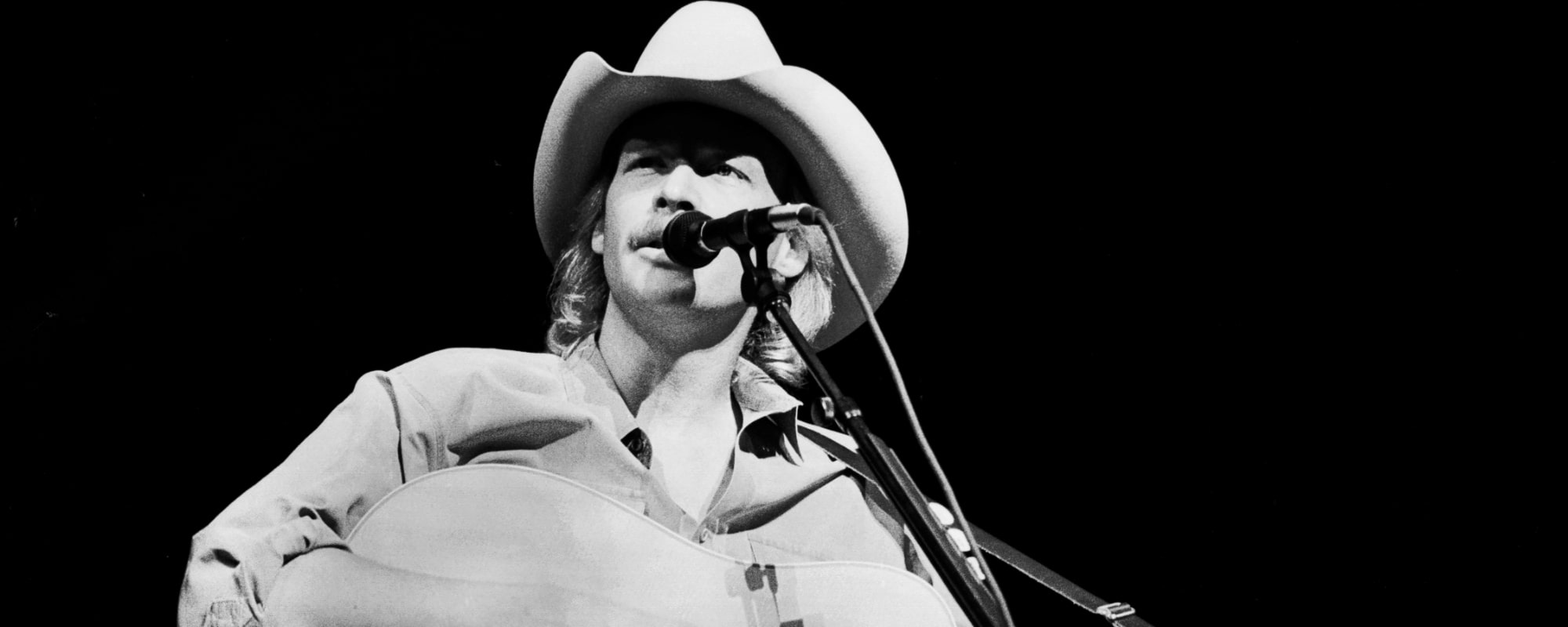
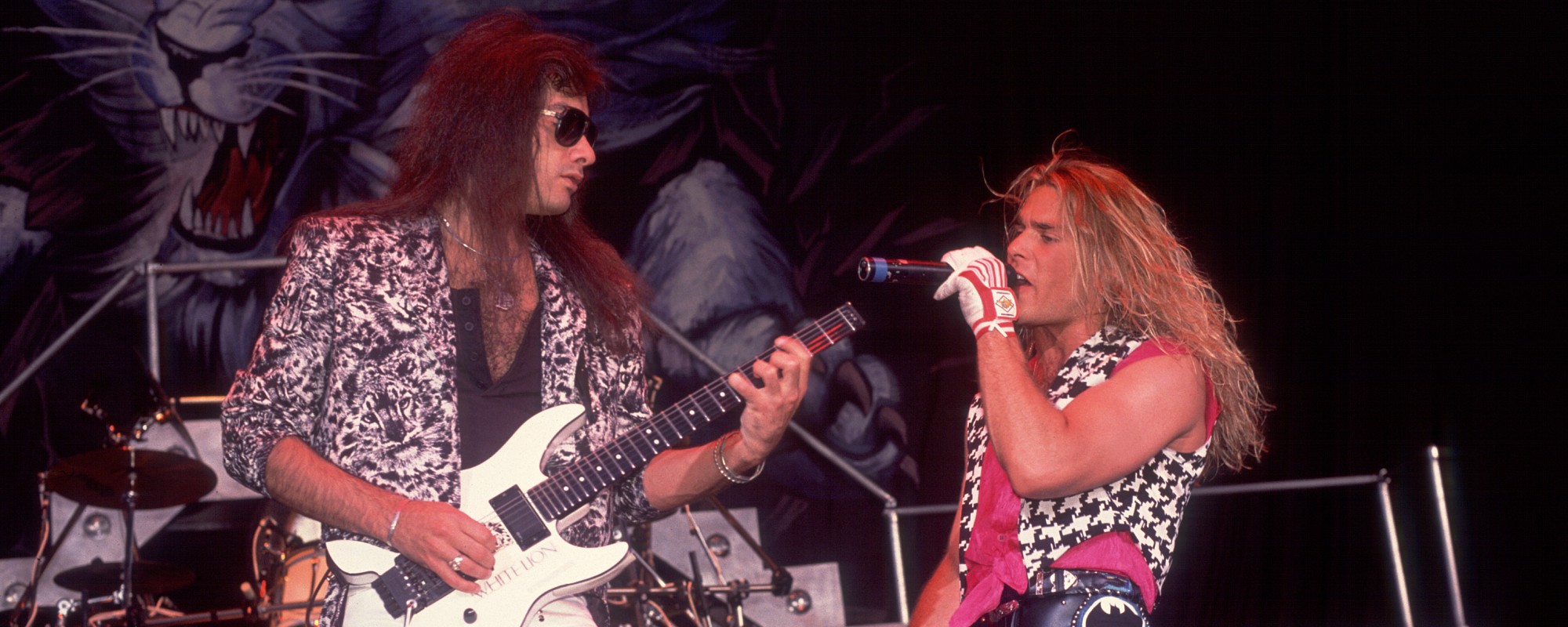




Leave a Reply
Only members can comment. Become a member. Already a member? Log in.